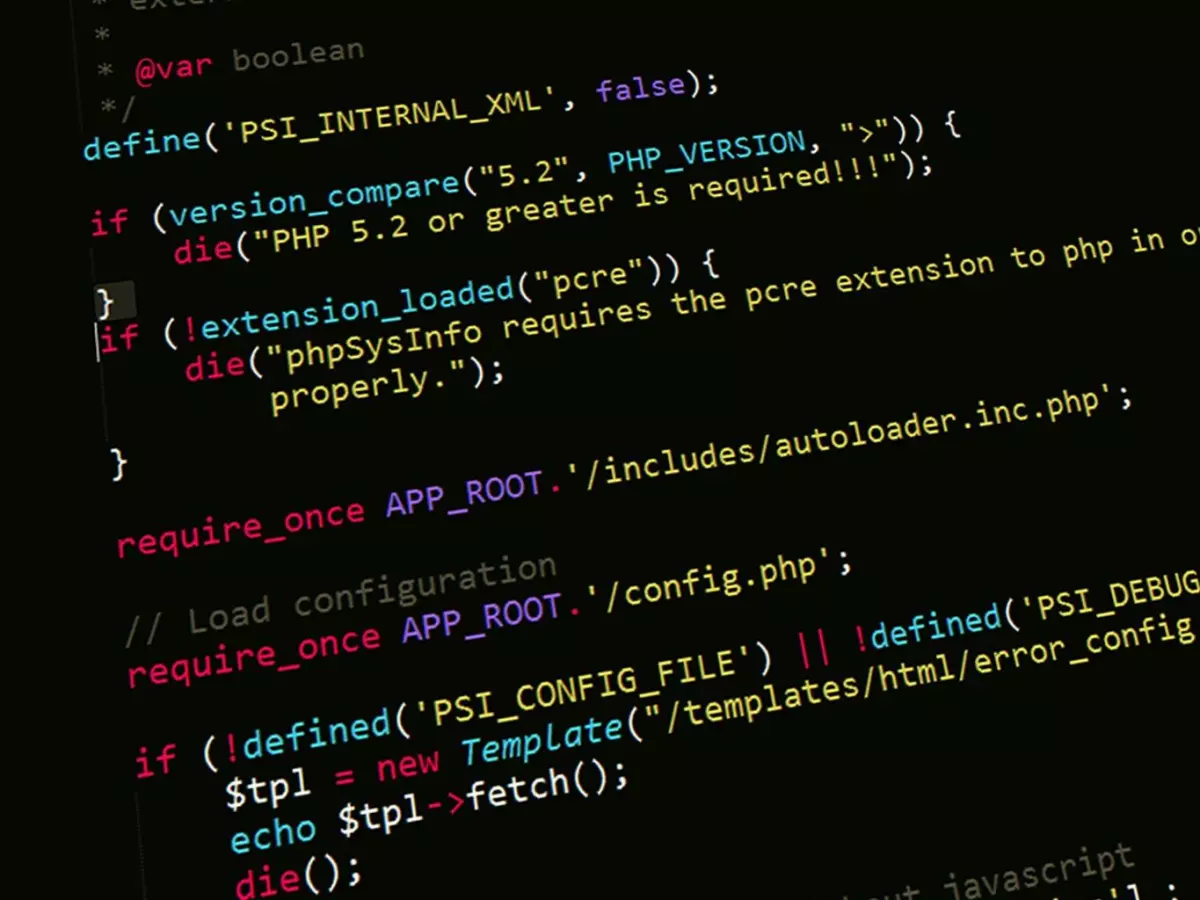Frameworks: Friend or Foe?
Are frameworks making developers lazy, or are they just misunderstood? Let's dive into the debate that's quietly brewing in the software world.

By Isabella Ferraro
Frameworks are everywhere. Whether you're building a web app, mobile app, or even a desktop application, chances are, there's a framework out there that promises to make your life easier. But here's the question no one seems to be asking: Are frameworks actually killing creativity in software development?
Before you grab your pitchforks, hear me out. Frameworks are undeniably useful. They provide a structured way to build applications, saving developers from reinventing the wheel every time they start a new project. But in doing so, they also impose certain limitations. And those limitations? Well, they might just be stifling innovation.
Frameworks: The Double-Edged Sword
Let's start with the basics. A framework is essentially a pre-built structure that developers can use to build their applications. It provides a set of tools, libraries, and best practices that help streamline the development process. Sounds great, right? Well, yes and no.
On the one hand, frameworks can save you a ton of time. Instead of writing everything from scratch, you can leverage the framework's built-in functionality to get your app up and running quickly. But on the other hand, frameworks can also be restrictive. They force you to work within their predefined structure, which can limit your ability to think outside the box.
Think of it like this: If you're building a house, a framework is like a set of blueprints. It tells you where to put the walls, windows, and doors. But what if you want to build something completely unique? What if you want to design a house with a spiral staircase in the middle of the living room? Well, with a framework, that might not be possible—or at least, not without a lot of extra work.
The Creativity Conundrum
Now, don't get me wrong. I'm not saying that frameworks are inherently bad. In fact, they can be incredibly helpful, especially for junior developers or teams working on tight deadlines. But for more experienced developers, frameworks can sometimes feel like a crutch.
When you're working within the confines of a framework, it's easy to fall into the trap of doing things "the framework way" instead of thinking critically about the best solution for your specific problem. Over time, this can lead to a sort of creative complacency. Instead of coming up with innovative solutions, developers might start relying too heavily on the framework's built-in functionality, even when it's not the best fit for the task at hand.
And let's not forget about the learning curve. While frameworks can make development easier in the short term, they can also create a dependency. Developers who rely too heavily on frameworks might struggle when they're faced with a problem that falls outside the framework's scope. In other words, they might know how to use the tools, but they might not fully understand the underlying principles of software development.
Breaking Free from the Framework Trap
So, what's the solution? Should we all just abandon frameworks and go back to writing everything from scratch? Not necessarily. Frameworks have their place, but it's important to use them wisely.
First and foremost, developers need to remember that frameworks are just tools. They're not a substitute for critical thinking or creativity. If you're working on a project and the framework you're using isn't meeting your needs, don't be afraid to step outside the box and come up with your own solution.
Secondly, it's important to keep learning. Frameworks come and go, but the fundamental principles of software development remain the same. By focusing on the basics—things like algorithms, data structures, and design patterns—you'll be better equipped to tackle any problem, whether you're using a framework or not.
Finally, don't be afraid to experiment. One of the best ways to break free from the framework trap is to work on side projects that don't rely on any frameworks at all. This will force you to think critically about how to solve problems and help you develop a deeper understanding of the software development process.
The Bottom Line
At the end of the day, frameworks are neither good nor bad. They're just tools. But like any tool, they can be misused. If you're not careful, you might find yourself relying too heavily on the framework's built-in functionality and losing sight of the bigger picture.
So, the next time you're working on a project, take a step back and ask yourself: Am I using this framework because it's the best tool for the job, or am I using it because it's the easiest option? If it's the latter, it might be time to rethink your approach.
After all, creativity is the heart of software development. And while frameworks can help you build faster, they shouldn't come at the cost of innovation.





